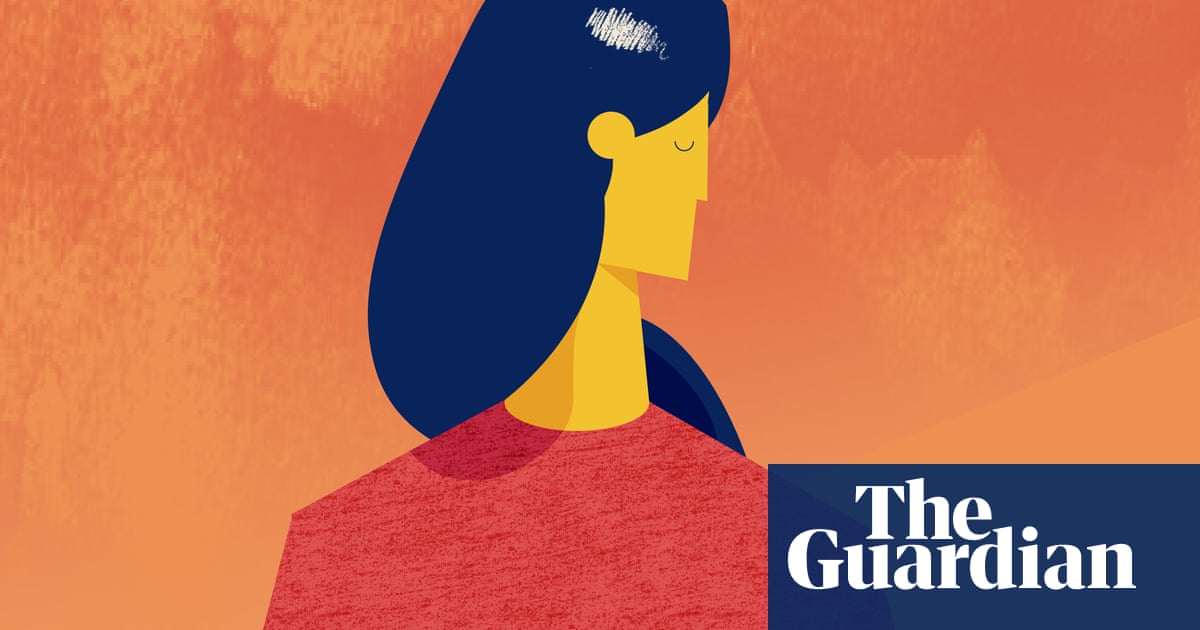There is a national conversation – or perhaps more a national talking at each other – taking place at the moment, about an “overdiagnosis” of mental health conditions. The health secretary, Wes Streeting, is concerned too many people are being “written off” in this way. I spend quite a lot of time thinking about this subject, alone, with colleagues, with patients as a therapist, and as a patient in therapy myself. I think our response is crucial for building not just a better life but a better society.
I think that diagnosis can be a vital part of mental health treatment. It is not something I do as a psychotherapist; I respect my psychiatrist colleagues who do it for their skill, knowledge, experience and compassion. When the system works, a diagnosis can bring relief, it can open the door to the best therapy and medication, and finding a name for your experience can feel containing and valuable.
But.
A diagnostic approach to oneself is not always helpful. I think we all have a tendency to use a diagnosis to close a door, rather than open it. We can often use a diagnosis – depression, say, or obsessive-compulsive disorder, or autism spectrum disorder, or anxiety – to stop any further thinking, to close down any search for meaning in our own experience as human beings, with our individual histories, relationships and pain. Closing the door to our minds like this can close off the possibility of building a better life.
Take, for example, a diagnosis of ADHD. Many people feel seen when they receive this diagnosis – it feels like an answer to a question they have been asking for much of their lives.
In my work with patients, I see its value not as an answer, but as the opening of a new question. ADHD is a description of a collection of symptoms; experience and research indicate that medication might help, that there might be some genetic and neurodevelopmental foundation to these difficulties. But it doesn’t have to end there. A person might gain an even more valuable understanding of themselves if they delve below that diagnosis and explore what unwanted feelings they are avoiding when they are late for appointments, what traumas or memories or thoughts they are moving away from when they cannot sit still, what unconscious dynamics they are repeating when they find it impossible to complete a task. These difficulties can – not always, but sometimes – be understood in therapy in a way that brings a different kind of meaning and a deeper sense of self-understanding. These feelings and beliefs can be made conscious and worked through; a capacity to tolerate difficult emotions can grow. Or you could shut that all down with, “That’s just my ADHD.”
It was once my privilege to interview Gianna Williams, a child and adult psychoanalyst, and she drew my attention to a powerful dimension of the word “understand”: understanding as standing under something and looking up, trying to explore phenomena from a position of not knowing, and being curious about what you might find. This is a very different approach from diagnosing. Rather than knowing something and applying a label to an experience from above, you are developing a capacity to tolerate not knowing, and trying to explore a feeling and put it into words.
This kind of understanding is what I have been offered by my psychoanalyst, and it’s the kind of understanding I seek to offer my patients as their psychodynamic psychotherapist (these forms of therapy are rooted in the same theories). But it takes time. It can only happen in a robust, sustained therapeutic relationship, in which difficult feelings can be faced and valued, the unconscious can begin to be made conscious, ruptures can be tolerated and repaired, and a person can grow and develop.
Sometimes, remarkable recovery can take place with this kind of therapy. Patients who had been “written off”, to use the health secretary’s words, who had indeed written themselves off, can find resources they didn’t know they had, and perhaps didn’t previously have, to understand where their difficulties come from, turn towards themselves and attend to these difficulties in a way that is not punitive, but helpful. They can realise that the unconscious dynamics that have haunted them since their earliest days are now no longer required, and can be laid to rest. It is not unusual, for example, to see patients encounter within themselves a desire and capacity to seek, find and sustain work that had previously felt impossible to them.
Regrettably, I have not seen any plans from the health secretary to offer funding for sustained psychoanalytic psychotherapy for patients who want it. There is plenty of evidence to show that this kind of therapy can help patients with entrenched difficulties including so-called treatment resistant depression. But I suspect that this treatment doesn’t fit in with Streeting’s own “diagnosis” of the problem. He has his eyes on the cost of benefits, and not on the savings that might come from investing in well-trained therapists who can help patients find their own way forward in their lives. It’s a travesty for us as a society and as individuals, because talking about reducing a person’s benefits while at the same time denying them the treatment they might use to build a better life is, to my mind, a sure way to perpetuate the kind of writing off he is seeking to avoid.
Moya Sarner is an NHS psychotherapist and the author of When I Grow Up – Conversations With Adults in Search of Adulthood










